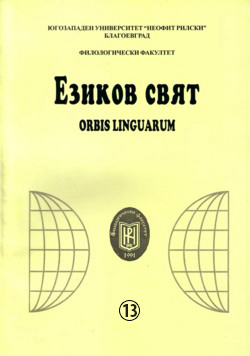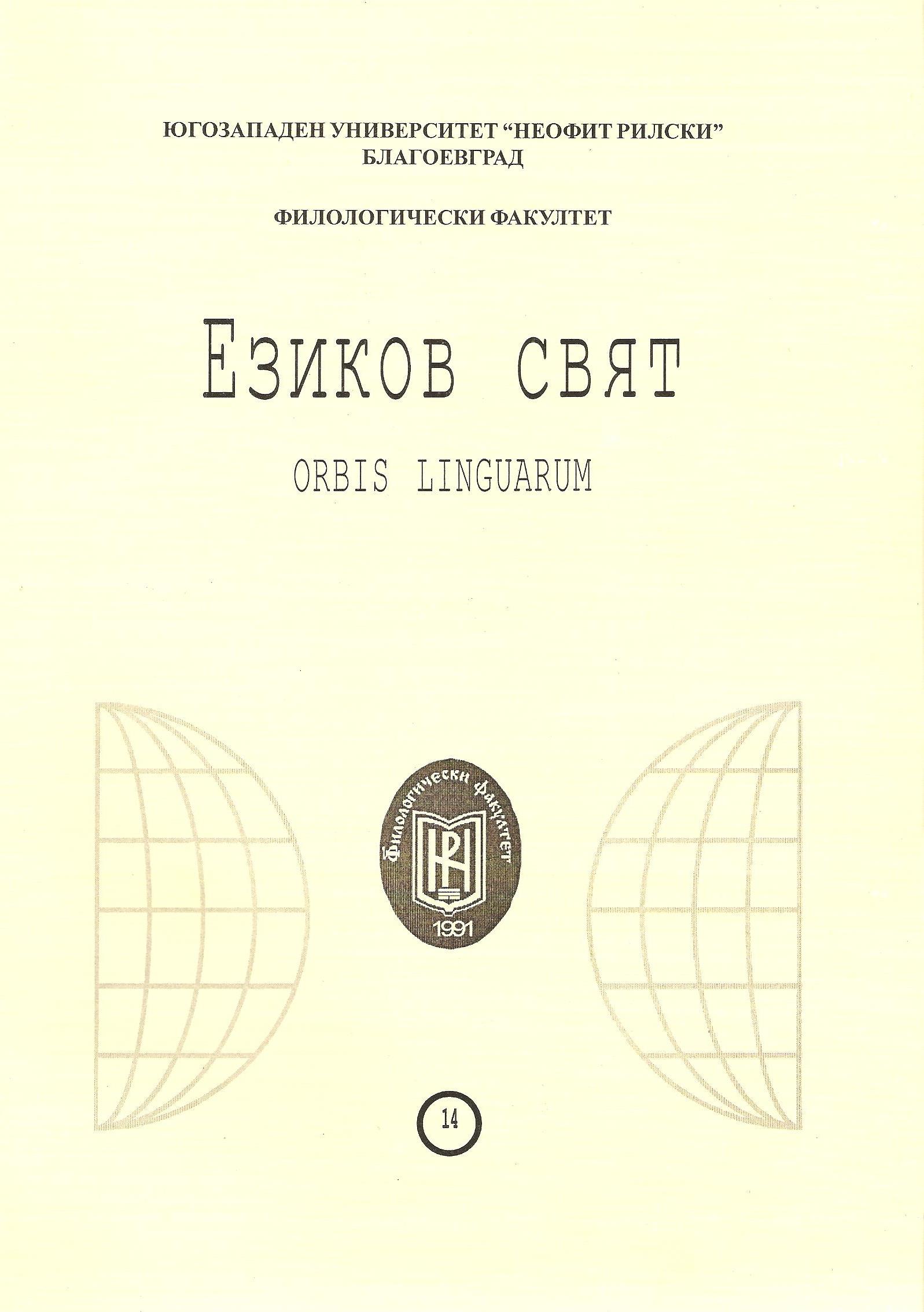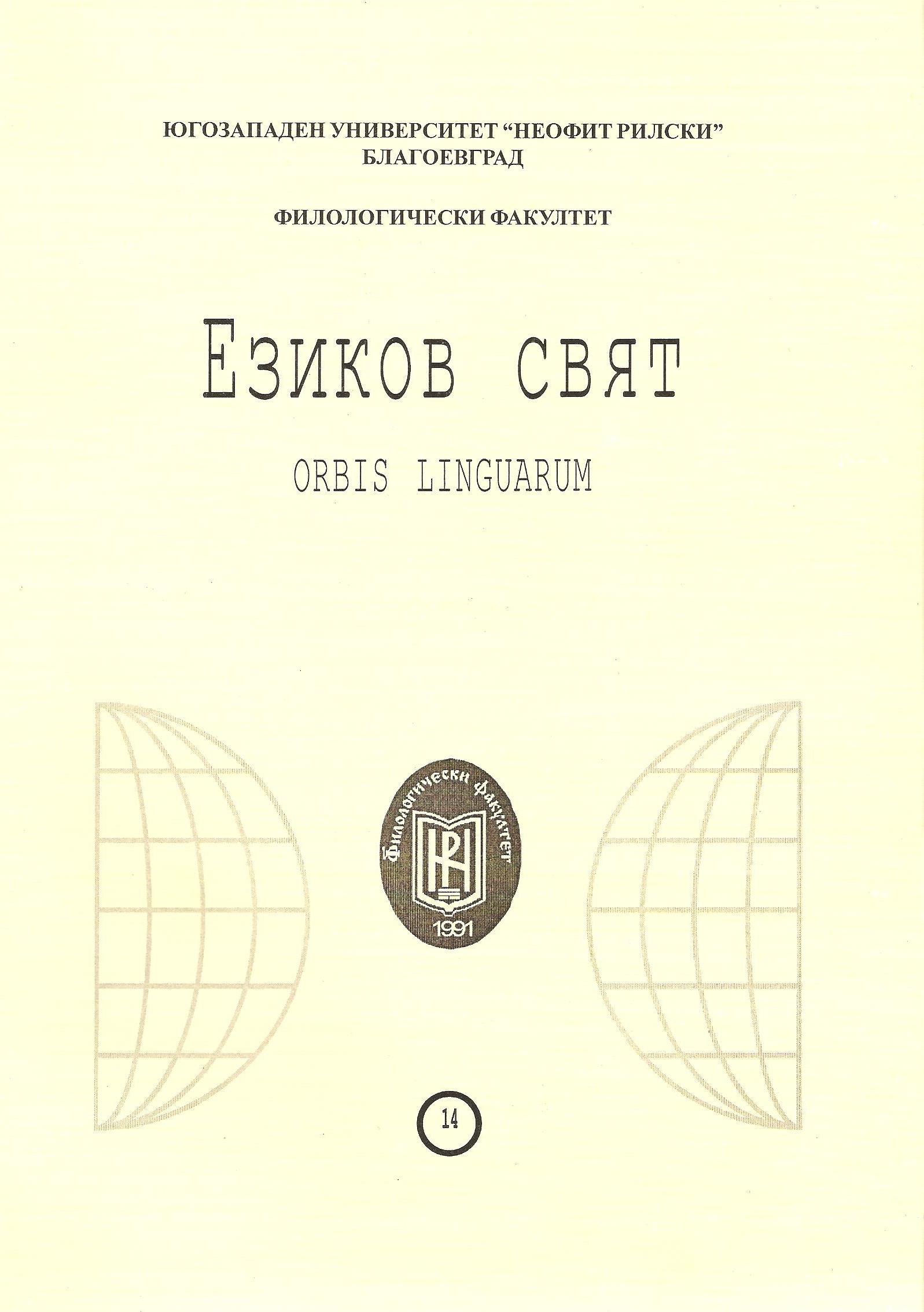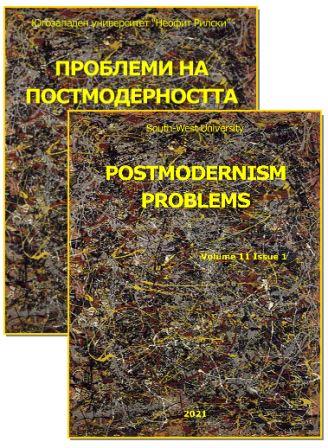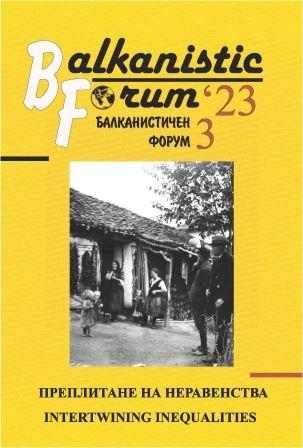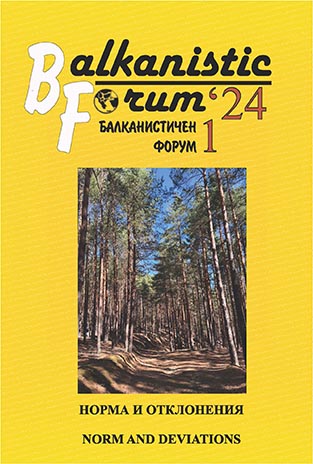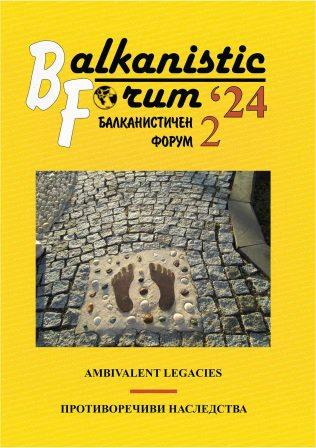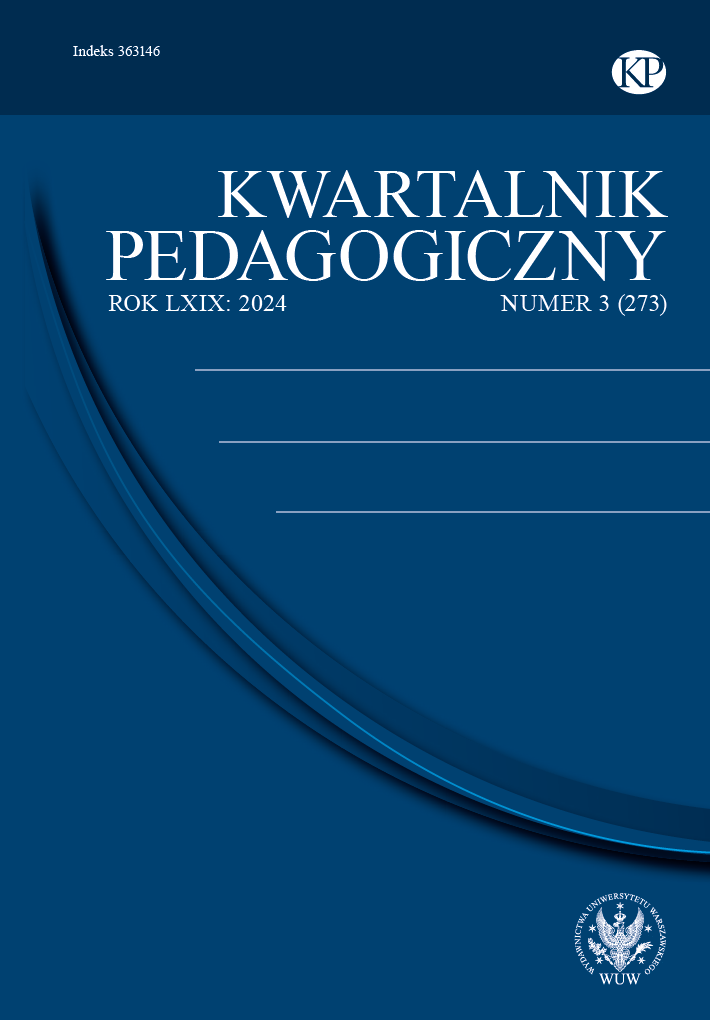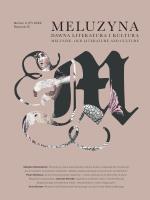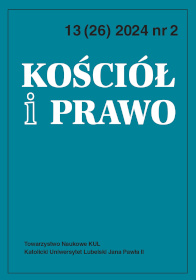Author(s): Svitlana Kryvoruchko / Language(s): English
Issue: 1/2024
Historical reactualization is a hallmark of the biofiction genre and a modern aesthetic tendency in art, that revolves around the reflection of political and social processes, which affect the common man of the 21st century. The scientific problem is the interpretation of history in art, the use of biography as a creative material in cinema and literature, the formation of reliable historical memory of Ukrainians, the debunking of "myths", overcoming post-colonial Ukrainian thinking, raising the issue of the consequences of ethnolinguistic nationalism. The aim is the underlining of the concepts “Freedom” and “Safety” in the film “Prohibited” 2019, the interpretation of the evolution Vasyl Stus artistic image in the biofiction “Prohibited” from “Unfreedom” to “Freedom” through “Danger”, the understanding of the conflict individual / power : artist / crowd. I propose to sharpen attention around the problem of ethnolinguistic nationalism through the mental conflict “Ukrainian” / “Russian”, in which the historical memory of the Ukrainian ethnos is revealed as an intellectual aspiration influenced by the experience /burden of 300 years of history. The biofiction of the life of Ukrainian poet Vasyl Stus, his ethical and moral position and aesthetic concept reveals the ethnic and cultural Ukrainian stratum, where the phenomenon of patriotism will be revealed at the level of the feeling “own”. Conflicts and characters uncover ideas: Vasyl Stus's love for his native land is his free choice, which reveals his individual virtues and prowess. In the pursuit of ethnic freedom, Vasyl Stus is revealed as having been defeated during his life, but gaining fame and recognition after his death. Vasyl Stus gave his life for: the development of Ukrainian literature, culture, art, and language. He is a patriot of “Ukrainian”. The poet's life is a version of art, it is wrapped around protest, around the non-acceptance by a talented individual of a totalitarian state, which suffocates and kills. Vasyl Stusy's steps are a resistance to Russian ethnolinguistic nationalism. The introduction of ethnolinguistic nationalism was imposed on everyone as the dominance Russian language, behind which is the discrimination of Ukrainians at the levels of: language, history, literature, culture, statehood.
More...
